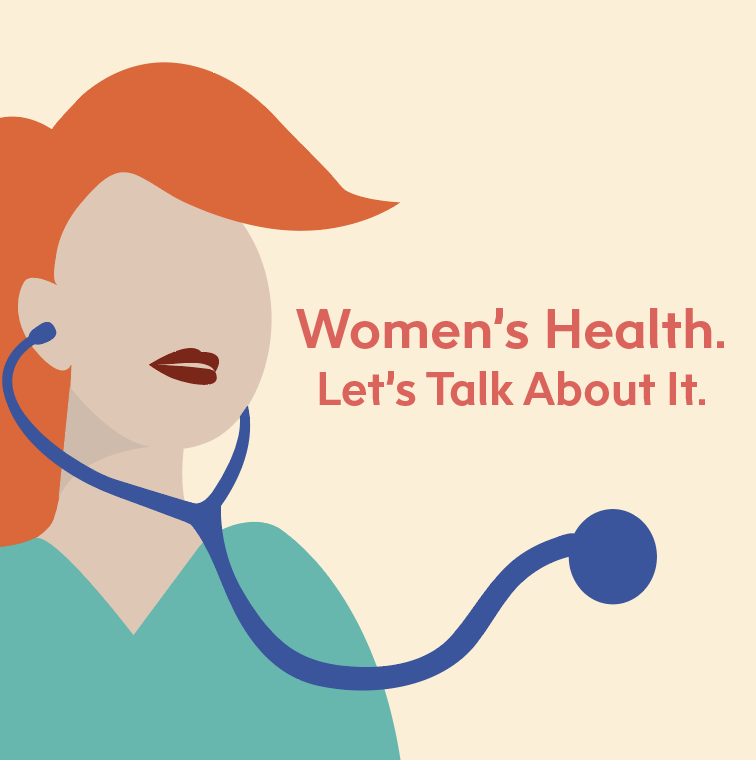Women’s Health: Let’s Talk About It
By Zoe Greenwood, April 7 2021

Our principal objective at LeSalon is to empower our team, our customers and our Salonettes to feel their best possible selves. We strive to create the infrastructure to ensure that our clients and Salonettes are in control of their own lives. We encourage open discussion and aspire to listen, learn and constantly grow as a business and a community. Ninety five per cent of the hundreds of therapists and thousands of clients who are part of the LeSalon network are women it is therefore unequivocal that women’s health should be included as part of our conversation.
The UK has the largest G20 gender health gap, where women are worse off than men and the 12th largest globally. Despite living longer than men, women spend a greater proportion of their lives in ill health and disability, and there are growing geographic inequalities in women’s life expectancy. Women spend around over a quarter of their lives in ill health or disability, compared with around one fifth for men. Moreover, in recent years, healthy life expectancy has fallen for women but has remained stable for men.
Research indicates that women are more likely than men to die in situations where CPR is required. It’s estimated that over 8,000 women in the UK have died as a result of heart disease that was misdiagnosed or mistreated due to gender bias. Women are more likely to wait longer for certain cancer diagnoses. Black women are five times more likely to die in childbirth.
Less is known about conditions that only affect women, including common gynaecological conditions which can have severe impacts on health and wellbeing, but for which there is currently little treatment. A key example of this is endometriosis with the average time for a woman to receive a diagnosis being 7 to 8 years, and with 40% of women needing 10 or more GP appointments before being referred to a specialist. Less than 2.5% of publicly funded research is dedicated solely to reproduction health. By way of reference, there is five times more research into erectile dysfunction, which affects 19% of men, than into premenstrual syndrome, which affects 90% of women.
It correlates that the impact of female specific conditions such as heavy menstrual bleeding, endometriosis, pregnancy-related issues and the menopause affects women’s workforce participation and productivity. Any initiative to reduce the gender gap must therefore include a higher level of understanding about these female health issues to ensure there are improvements. Yet studies suggest gender biases in clinical trials and research are contributing to worse health outcomes for women. Although women make up 51% of the population, there is less evidence and data on how conditions affect women differently.
As Nadine Dorries stated in the parliamentary address on International Women’s Day “levelling up women’s health is an imperative for us all”. The government has launched a “call for evidence’ to make women’s voices heard and are seeking to examine women’s experiences of the whole health and care system. We encourage all women to support this initiative by completing the online survey here.
Our Co-Founder Natasha is honoured to be a part of the Ginsberg Women’s Health Board, founded by Mika Simmons and Nimco Ali, a group dedicated to eliminating the gender gap in UK healthcare by campaigning for policy changes and encouraging women to demand that their health needs are properly met.
Over the coming months we will be supporting the initiative by providing information about the status quo and how the initiative is challenging the UK Government and the Department of Health & Social Care in their development of effective policies and strategies to tackle this inequity.


